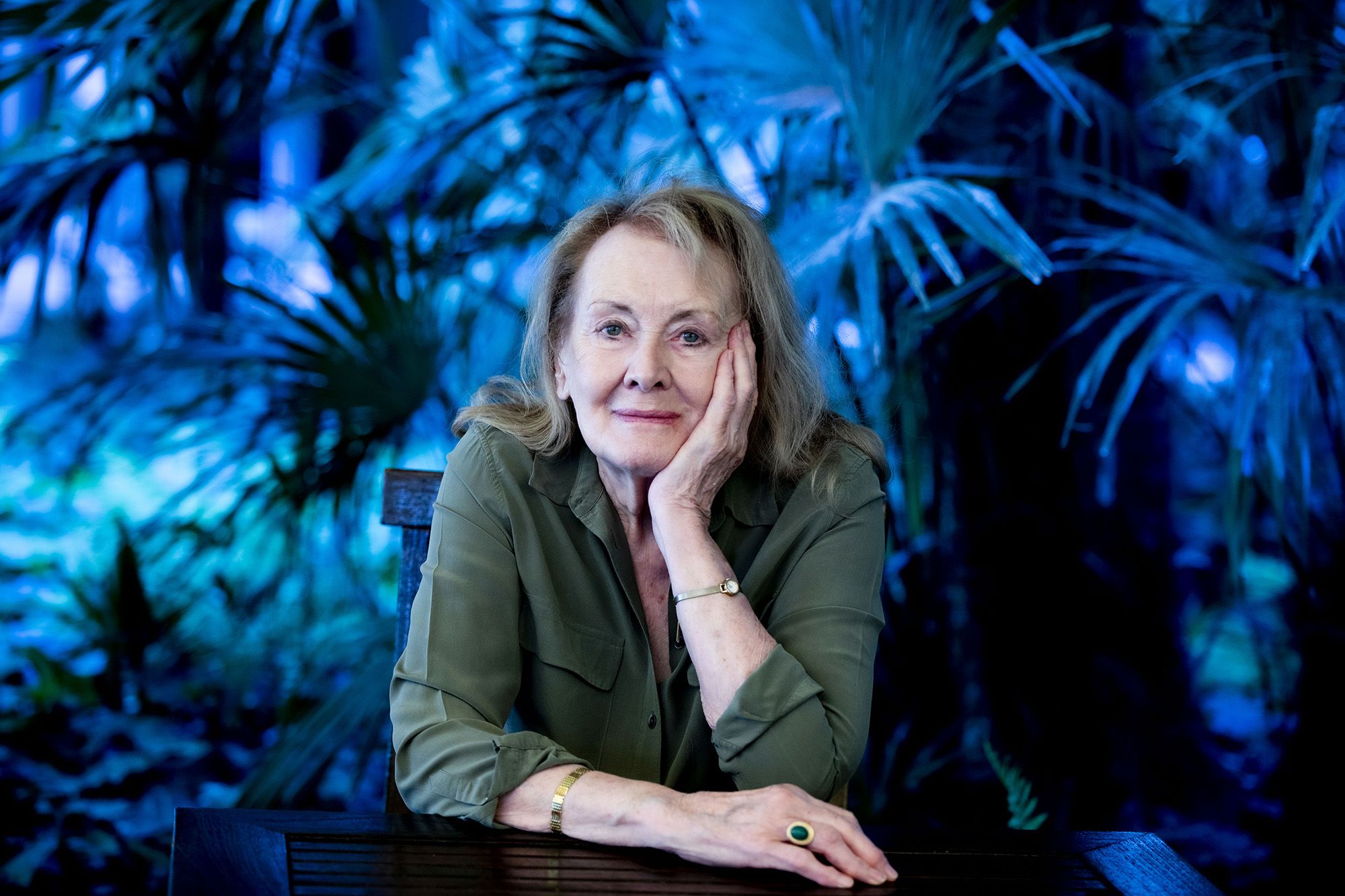French author Annie Ernaux has won the Nobel Prize in literature, organizers announced in Stockholm on Thursday.
Ernaux, 82, has written a number of celebrated novels, many of which are autobiographical. Her first book, “Les armoires vides,” was published in French in 1974, and in English as “Cleaned Out” in 1990. Her fourth work, “La place” (1983) or “A Man’s Place” (1992), elevated her to prominence.
She was given the prestigious award “for the courage and clinical acuity with which she uncovers the roots, estrangements and collective restraints of personal memory.”
Ernaux’s work is closely inspired by her own life, and contemplates family, class, politics and gender.
“Her work is uncompromising and written in plain language, scraped clean,” Anders Olsson of the Swedish Academy said on Thursday as he announced her accolade.
“And when she with great courage and clinical acuity reveals the agony of the experience of class, describing shame, humiliation, jealousy or inability to see who you are, she has achieved something admirable and enduring,” Olsson added.
Ernaux was born in a rural village in Normandy, northern France, in 1940 to parents who owned a store and cafe. Her upbringing features heavily in her novels, as well as her experiences navigating adolescence and adulthood.
The academy said it had been unable to contact Ernaux before revealing her victory, but hoped she would find out about her achievement soon.
Organizers told reporters on Thursday they focused on literary quality and not on sending a message to the world when choosing the award. But Ernaux’s victory shines a light on her writing about abortion, months after the US Supreme Court overturned Roe v. Wade.
Her novel “Happening” details her experience of getting a dangerous backstreet abortion in 1963, when the procedure was illegal in France.
“There were thousands who had been through secret abortions, I wanted to recreate the truth of it exactly as it was in the moment, ridding myself of any knowledge of the fight for women’s rights that would follow,” the author told the Guardian in 2019. “Because in 1963, 1964 when it happened to me, it was unthinkable to imagine abortion would one day be authorised, doctors wouldn’t even say the word.”
The Nobels have been awarded throughout the week, with the scientific prizes announced from Monday to Wednesday. On Friday, the winner of the Peace Prize will be unveiled.
